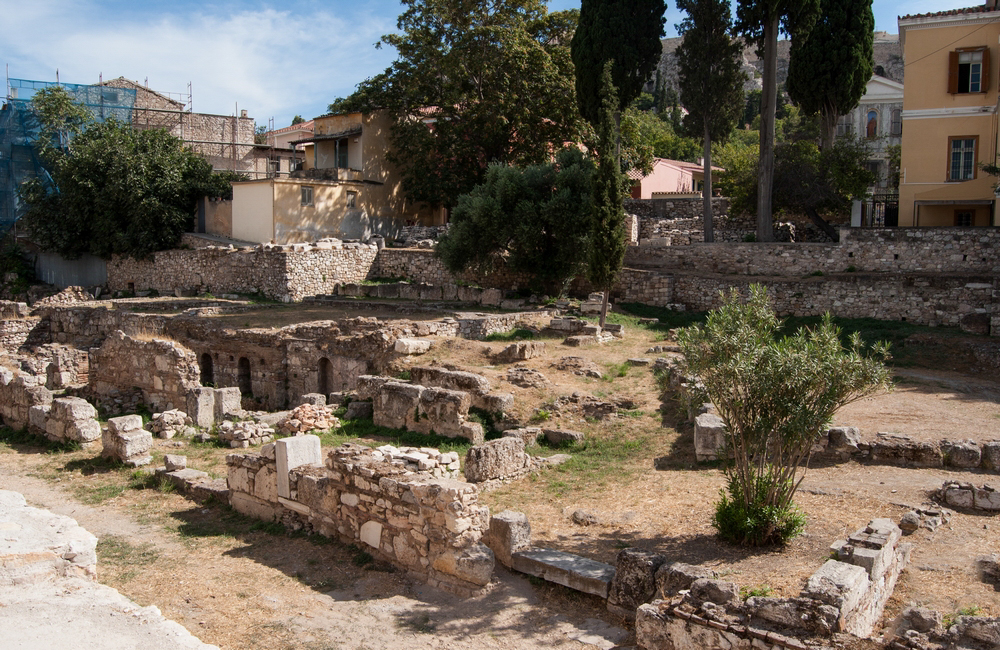Library of Pantainos
To the southeast of the Ancient Agora is the library built by the Athenian philosopher of the Roman times Titus Flavius Pantainos.
Location
Timeline
Modern and Contemporary era (1821 - )
1933 Discovered.
Ottoman era (1453- 1821)
Byzantine era (331 AC- 1453)
Roman era (30 BC- 330 AC)
Constructed a few years after 100AD.




Share